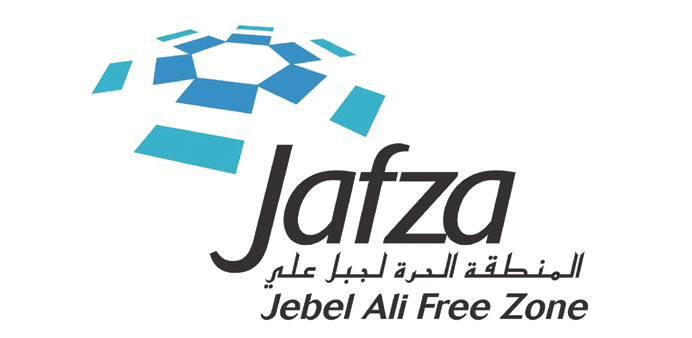The early repayment of the debt, part of a package which averted a potential default by JAFZ in 2012, highlights the divergence among Dubai state-controlled entities since the worst of the emirate’s sovereign-linked debt crisis at the turn of the decade
Reuters
Dubai
Dubai’s Jebel Ali Free Zone (JAFZ), which operates one of the largest customs-free areas in the Middle East, has repaid a 2bn dirham ($544.6mn) Islamic loan to banks almost four and a half years ahead of its scheduled maturity, the company said on Monday.
The early repayment of the debt, part of a package which averted a potential default by JAFZ in 2012, highlights the divergence among Dubai state-controlled entities since the worst of the emirate’s sovereign-linked debt crisis at the turn of the decade.
While some, including property developer Nakheel, have returned cash to banks ahead of schedule, others have required subsequent restructuring to cope with their financial burdens.
“Early repayment manifests the true commitment of the shareholder and government of Dubai to reduce the debt of (the) overall Dubai World Group,” said Sultan Ahmed bin Sulayem, chairman of Economic Zones World, the holding company of JAFZ.
EZW was acquired last year by ports operator DP World from the parent firm of both companies, Dubai World, a transaction which eased the burden on the state conglomerate ahead of its own debt repayment in May 2015.
Dubai World made that repayment as part of a revision covering the terms of $14.6bn of debt. Other government-linked firms, including Drydocks World and Limitless, are also seeking to reschedule debt.
JAFZ’s 2bn dirham Islamic facility was arranged in June 2012 to partly refinance the company’s maturing $2bn sukuk issued in 2007. There had been fears in the run-up to that maturity about JAFZ’s ability to meet the repayment before the Islamic loan and a new sukuk were agreed.
That sukuk, worth $650mn and maturing in June 2019, is JAFZ’s remaining outstanding external debt, according to the statement.
“JAFZ will continue to invest in additional facilities based on market demand and it expects to fund new developments from accrued resources,” said Sulayem.

